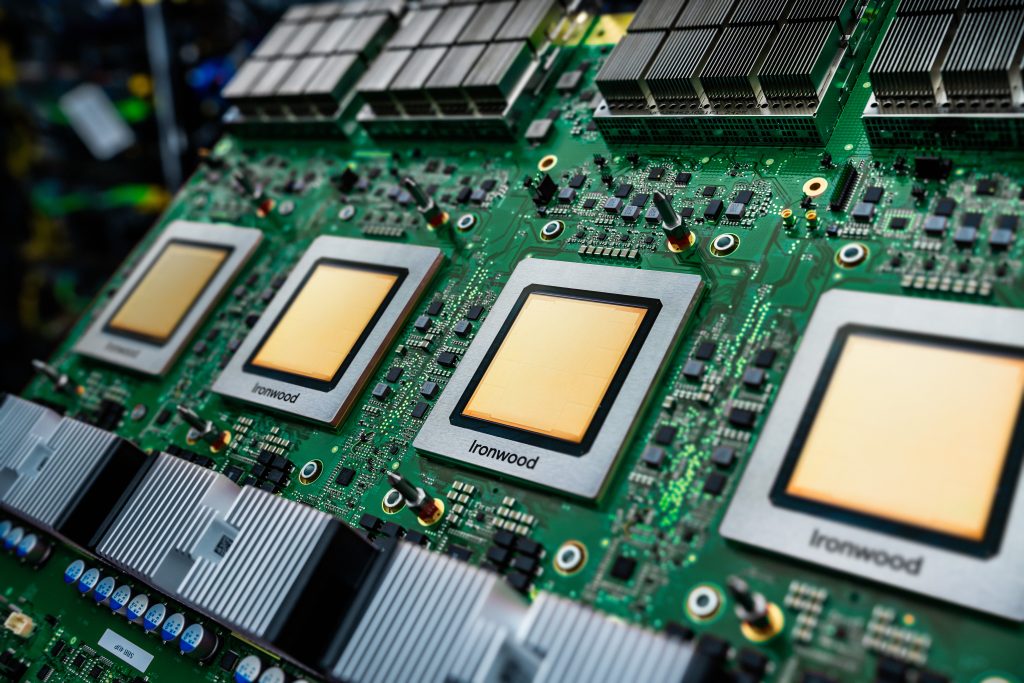- Chinese AI agent Manus gains attention executing complex tasks autonomously.
- Manus is partnership with Alibaba’s Qwen.
- Designed to expand capabilities for the Chinese market.
Chinese AI agent Manus has emerged as the latest breakthrough in artificial intelligence technology, generating a significant buzz in the global tech community for its advanced autonomous capabilities.
Developed by Tencent Holdings-backed startup Butterfly Effect, Manus claims to be the world’s first general AI agent, distinguishing itself from conventional chatbots by focusing on task completion rather than just conversation. Unlike traditional AI assistants that primarily handle dialogue, the Chinese AI agent Manus utilises multiple AI models to perform complex, multi-step tasks autonomously.
During its invitation-only online preview last week, Manus demonstrated impressive capabilities, including creating customised websites, screening résumés, and producing property recommendation reports based on specific criteria. Manus executes complex tasks from start to finish, delivering complete solutions rather than just suggestions.
“The video says the AI agent is more advanced than a chatbot because it doesn’t only generate ideas but delivers tangible results, like producing a report recommending properties to buy based on specific criteria,” reported CNN Business.
How Manus works
* Manus was evaluated in standard mode using the same configuration as its production version for reproducibility.
* Comparative data from OpenAI Deep Research and other systems were sourced from OpenAI’s release blog.
In a post on X, Peak Ji Yichao, co-founder and chief scientist at Butterfly Effect, stated the Chinese AI agent Manus was built using existing large language models, including Anthropic’s Claude and fine-tuned versions of Alibaba’s open-source Qwen. The multi-model approach enables more sophisticated reasoning and action capabilities.
According to MIT Technology Review, which obtained access to the platform, using Manus “feels like collaborating with a highly intelligent and efficient intern.”
The publication tested Manus on three tasks: compiling a list of journalists covering China tech, searching for property listings with specific criteria, and nominating candidates for MIT Technology Review’s Innovators Under 35 list.
“While it occasionally lacks understanding of what it’s being asked to do, makes incorrect assumptions, or cuts corners to expedite tasks, it explains its reasoning clearly, is remarkably adaptable, and can improve substantially when provided with detailed instructions or feedback,” wrote Caiwei Chen in MIT Technology Review. What differentiates Manus is “Manus’s Computer” window, which allows users to observe what the agent is doing and intervene at any point. The transparency and collaborative machine-human approach gives users greater control over the AI’s actions.
Limited access despite growing interest
Despite generating significant buzz, access to Manus remains highly restricted. Fewer than 1% of users on the wait-list have received an invite code. The platform’s Discord channel has attracted more than 186,000 members, indicating substantial interest from potential users worldwide.
According to Chinese media outlet 36Kr, Manus’s per-task cost is approximately $2, which is claimed to be one-tenth of the cost of OpenAI’s DeepResearch service. If its server infrastructure improves, this cost efficiency could position the Chinese AI agent Manus as a preferred choice for individual professionals and small teams.
The system isn’t without limitations, however. MIT Technology Review reported that Manus encountered obstacles with pay-walled content and experienced occasional crashes due to high service loads. The message “Due to the current high service load, tasks cannot be created. Please try again in a few minutes” appeared multiple times during testing.
Strategic partnership with Alibaba
Recognising the potential for growth in the Chinese market, Manus recently announced a strategic partnership with Alibaba. According to the South China Morning Post, the March 11 announcement revealed “Manus will engage in strategic cooperation with Alibaba’s Qwen team to meet the needs of Chinese users. ”
The two companies are working closely to ensure all Manus functions are available on “domestic models and computing platforms,” although no specific launch date was provided. A representative of Alibaba’s cloud computing unit confirmed the cooperation, saying both parties are collaborating on open-source models and looking forward to “working with more global AI innovators.”
Alibaba’s QwQ-32B reasoning model advances in parallel
The partnership comes when Alibaba is progressing AI development. On March 6, the company unveiled its latest reasoning model, QwQ-32B, claiming its capabilities surpass OpenAI’s o1-mini and rival DeepSeek’s R1 model. The news was impactful enough to boost Alibaba’s Hong Kong-listed shares by 8% on the announcement day.
“Alibaba touted its new model, QwQ-32B, in an online statement as delivering exceptional performance, almost entirely surpassing OpenAI-o1-mini and rivalling the strongest open-source reasoning model, DeepSeek-R1,” reported CNN Business.
What makes this development notable is the model’s efficiency – Alibaba claims QwQ-32B contains just 32 billion parameters compared to DeepSeek R1’s 671 billion, suggesting significantly lower computational requirements. The tech giant intends to invest at least 380 billion yuan ($52.4 billion) in AI and cloud computing infrastructure over the next three years, underscoring its commitment to establishing leadership in AI.
China’s AI ecosystem gains momentum
As the Chinese AI agent Manus continues to develop through its partnership with Alibaba, it symbolises a broader phenomenon. The Chinese government’s policies include promoting technological self-reliance, generous funding initiatives, and a robust pipeline of AI graduates from top Chinese universities, which together have created a fertile ecosystem for progression.
Chinese firms are now creating increasingly advanced large language models that compete directly with Western counterparts. The Chinese government’s pledge to support “emerging industries and industries of the future” with increased funding for artificial intelligence, combined with Alibaba’s massive $52.4 billion investment commitment, demonstrates the nation’s strategic prioritisation of AI development.
The centrally-coordinated approach is yielding results. The emergence of tools like Manus suggests that the global AI landscape is evolving into a genuinely multi-polar space, with Chinese innovations increasingly setting trends rather than following them.








